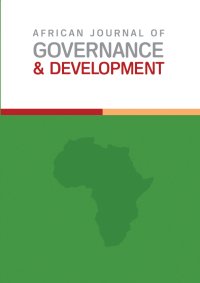Infrastructure-led Development and Quality Education: Implications for uMzumbe Local Municipality in KwaZulu-Natal
Main Article Content
Abstract
In South Africa, efficient, effective and responsive delivery of basic services has always been one of the yardsticks of good governance and development. Constitutionally, government is mandated to advance and protect the marginalised and disadvantaged.
From a rural development perspective this necessitates the commitment of local government to promote rural infrastructure development to ensure inclusive and quality service delivery such as quality education. This paper reports on a study which aimed to
explore how the development of rural infrastructure affects the quality of education in rural schools using ULM as a case study. The study was qualitative in nature and data were collected through focus group discussions and semi-structured in-depth interviews. A
Non-probability sampling approach using a purposive sampling technique was adopted to identify three Umzumbe Local Municipality (ULM) officials and four Headmasters in the DoE. Study participants also included four focus groups from selected High Schools, with
each focus group comprising six Grade 12 learners. The findings of the study suggest that the delivery of quality education within ULM is limited by infrastructural inadequacy, poor institutional capacity and limited revenue that limit the possibility for improvement. This
paper concludes by advancing policy directives to counteract the situation.
Article Details

This work is licensed under a Creative Commons Attribution-NonCommercial-NoDerivatives 4.0 International License.
